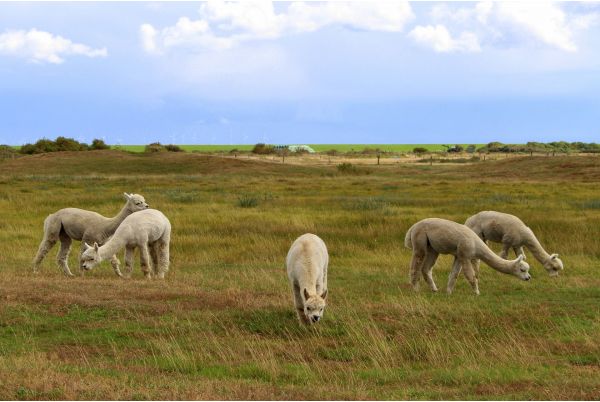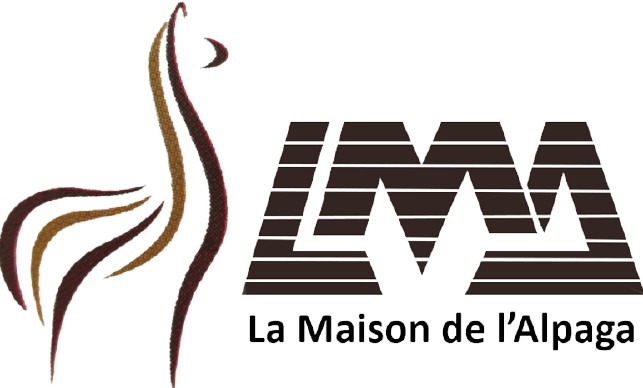Alpaca and Baby Alpaca: what is the difference?

If you love luxurious, sustainable fashion, you may have heard of alpaca and baby alpaca fibers. Although they may seem similar, there are key differences between the two.
In this article, we will explore the characteristics of each fiber and how they are used in the fashion industry.
What is alpaca and baby alpaca?
Both alpaca and baby alpaca are fibers from the South American alpaca animal. Alpaca fiber is known for its softness, warmth and durability, while baby alpaca fiber is even softer and more luxurious. Both fibers are hypoallergenic and durable, making them popular choices in the fashion industry. Alpaca fiber is often used for outerwear, while baby alpaca is used for more delicate garments such as scarves and sweaters.
Differences in fiber quality and softness.
The main difference between alpaca and baby alpaca is the quality and softness of the fiber. Baby alpaca is considered the finest and softest fiber, while alpaca fiber is slightly coarser. In fact, baby alpaca comes from the animal's first shearing, which produces the softest and finest fibers. Alpaca fiber, on the other hand, comes from the second or third shearing, which produces slightly coarser fibers. However, both fibers remain incredibly soft and luxurious, making them popular choices in the fashion industry.
Uses in fashion and textiles.
Alpaca and baby alpaca fibers are highly valued in the fashion industry for their softness, warmth and durability. They are commonly used in the production of sweaters, scarves, hats and other winter accessories. Baby alpaca is often used in high-end fashion clothing, while alpaca fiber is more commonly used in everyday clothing. Additionally, both fibers are hypoallergenic, making them a great choice for people with sensitive skin.
Sustainability and ethical considerations.
When considering the use of alpaca and baby alpaca fibers in fashion, it is important to consider sustainability and ethical practices. Alpaca farming may have a lower impact on the environment compared to other types of farming because it requires less water and land. However, it is important to ensure that alpacas are raised and treated ethically. Look for brands that prioritize fair labor practices and transparency in their supply chain. Additionally, consider the longevity of the garment made from these fibers, as investing in high-quality, durable items can also contribute to sustainable fashion practices.
Choosing the right alpaca fiber for your needs.
Alpaca and baby alpaca fibers have marked differences that mean they have different uses in the fashion field. Alpaca fiber is thicker and more durable, making it ideal for outerwear and accessories such as scarves and hats. Baby alpaca fiber, on the other hand, is softer and finer, making it ideal for lightweight garments such as sweaters and shawls. To choose the best alpaca fiber for your needs, consider the garment's intended use and desired level of softness and durability.
Discover without further delay our collections of clothing and accessories made from naturally soft alpaca and baby alpaca wool.
In Same Category
- A heart-warming experience of human solidarity
- How to finish off a knitted piece with a flourish: tips and techniques
- 5 Valentine's Day Gift Ideas for Women - Find the Perfect Gift
- The secrets to combining comfort and style in your wardrobe
- Economical and environmentally friendly DIY laundry detergent recipe

Comments
No comment at this time!
Leave your comment